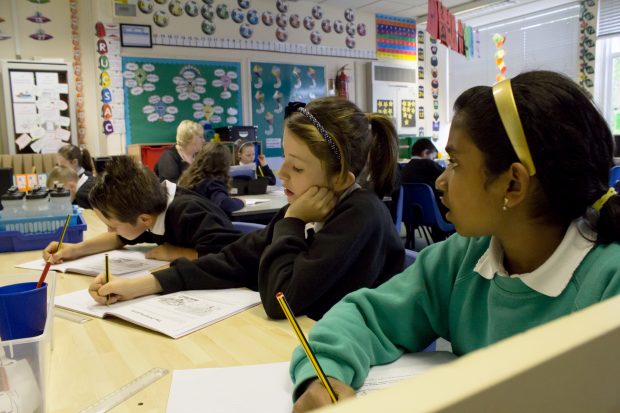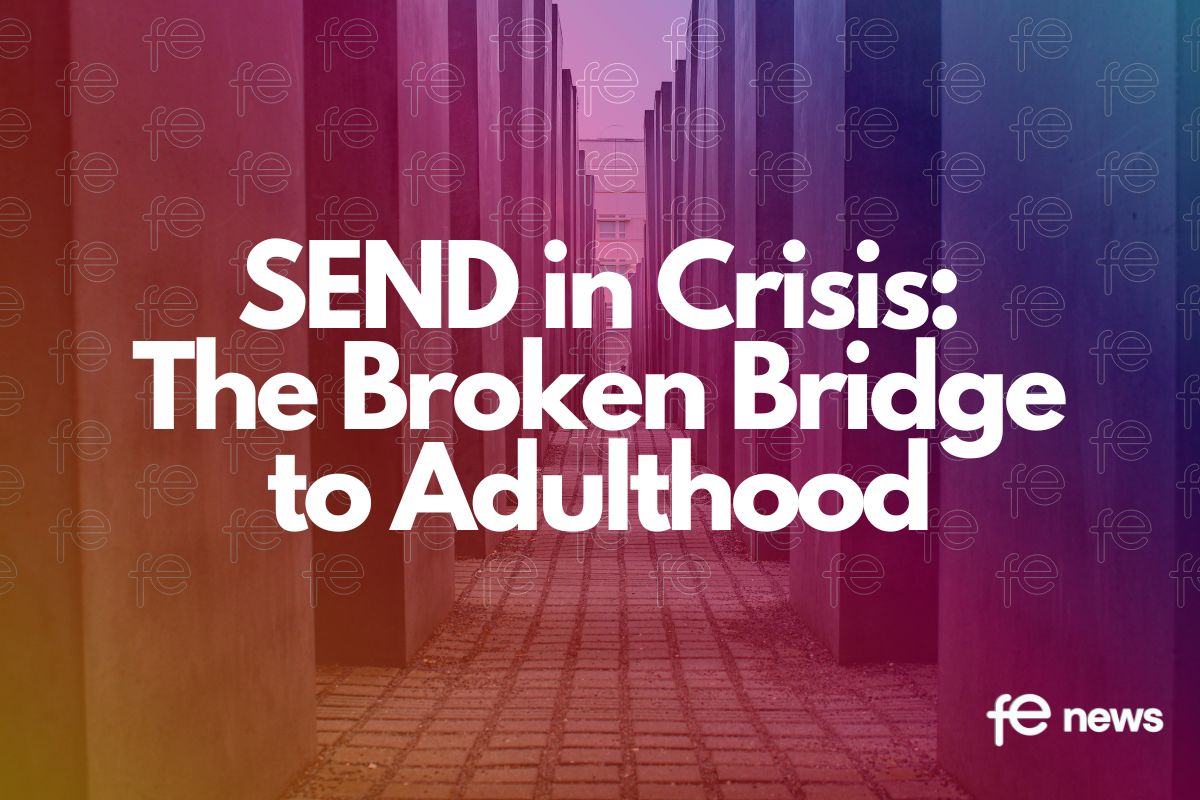Ofsted’s education inspection handbooks have changed. What’s new? What do you need to know?

The COVID-19 (coronavirus) pandemic has undoubtedly affected how education settings operate. It’s within this context that @Ofstednews have published their updated inspection handbooks today (20 Apr).
The changes cover how we will inspect early years providers, schools, further education and skills providers and non-association independent schools.
Sean Harford HMI, National Director for Education, explains the changes to Ofsted’s school inspection handbooks:
In this article I want to set out the main changes we have made to the handbooks (both section 5 and section 8) for schools and non-association independent schools. This is so that leaders and teachers understand our approach and know what to expect for the summer term. We’ll also review the handbooks over the summer in preparation for the return to our full programme of graded inspection in September.
This term, we will continue to carry out monitoring inspections of schools that are less than good and some schools judged ‘requires improvement’. These will not usually be graded. However, where the evidence strongly suggests that a school’s current grade is no longer a fair reflection of its work and there is clear and substantial improvement, inspectors will be able to convert to a full, graded inspection. This will be either immediately, in the case of currently inadequate schools, or later in the term, for those that require improvement.
Additionally, we will inspect some good schools that have gone, or are about to go, through their statutory window for inspection under section 8 in the usual way. And, of course, if significant concerns are brought to our attention about any school, we will consider bringing forward its inspection. However, it’s important to remember that we are not considering the vast majority of good or better schools for inspection this term.
Our approach for non-associated independent schools is outlined in our COVID-19 rolling update.
Recognising the COVID-19 context
First and foremost, we will make sure that we carry out inspections safely, taking account of the latest public health advice and the specific precautions taken in each school.
There’s now a new section setting out how our inspections will take account of the COVID-19 pandemic in schools. This section includes that:
- a longer preparation call may be needed before the inspection begins to understand the impact COVID-19 has had on the school
- inspectors will consider available externally published data throughout the inspection, but will be mindful of the age of the data, especially around statutory assessment and qualifications, when making judgements. We will not be using teacher-assessed grades from 2020 or 2021
- inspections will be mainly carried out on site, but inspectors may carry out some aspects through video or telephone calls where it is more practical to do so, such as when talking to governors
The curriculum
We understand that most schools will have been unable to deliver their curriculum in the usual way during the pandemic. Through our interim visits and monitoring work since September, we’ve learned a lot about how schools have had to adapt their ways of working. So, we’ve made some changes to our approach to looking at the quality of education.
We want to know how schools have adapted and prioritised the curriculum throughout this period. This will include schools’ efforts in making up for gaps in pupils’ knowledge because of the impact of COVID-19. We’ll also look at how well schools have integrated remote education into the curriculum.
We still expect schools to have an ambitious curriculum that helps all pupils to study the full breadth of subjects. Where this is not fully realised, inspectors will want to see that leaders are working to bring this about and that they are making necessary amendments in response to the pandemic.
We are continuing to recognise that a school may be in transition with its curriculum. Inspectors will take account of this when considering the quality of education.
Inspecting other areas

We’ll discuss pupils’ attendance with school leaders to understand how the pandemic has affected the individual school. We’ll want to see how schools have achieved the best possible attendance for children who were eligible to attend in person. Attendance between March 2020 and March 2021 will not form part of any judgement of a school.
Where usual opportunities for pupils’ personal development have been disrupted by the pandemic, we’ll look at whether schools have been able to find alternative approaches to providing a rich range of personal development opportunities.
In cases when we do make graded judgements this summer, we will take into account the impact of the pandemic. Normally, a school would be rated inadequate under a particular judgement if one or more of the inadequate criteria applies. However, this will not be the case where inadequate criteria apply solely because of the impact of COVID-19.
Changes to guidance and legislation
There have been changes to guidance and legislation in the last 12 months, which we’ll also take account of in our inspections.
The Department for Education has also published new guidance on ‘Relationships education, relationships and sex education (RSE) and health education’. In line with this guidance, we expect all schools to have taught some of the new curriculum during the academic year 2020/21. We also expect all schools to have published a policy and consulted parents on it. If a school is not meeting its obligations, inspectors will consider this when reaching the ‘personal development’ and ‘leadership and management’ judgements.
When inspecting the teaching of RSE and health education, our inspectors will be sympathetic to schools that have not been able to fully implement the new curriculum because of the pandemic. However, we still expect schools to have regard to the statutory guidance, to be able to provide a good rationale for what they have put in place and to have clear and effective plans to address any gaps before the end of the 2021/22 academic year.
Accessibility
We’ve converted our PDF handbooks to HTML webpages for greater accessibility. These will be easier to view on mobiles and tablets, and will allow users who rely on assistive technology, such as screen readers, to have a better experience.
In summary
I hope this article helps to reassure those of you who may have concerns. We know that it has been an incredibly tough year and that you have been doing your best under very challenging circumstances – we want inspection to reflect this.
It’s also important that we all get back to a more normal way of working, for the benefit of all pupils. At Ofsted, we want to play our part in helping schools get back on track – through inspection and professional dialogue that helps schools to reflect and develop well.
Sean Harford, National Director for Education, Ofsted
Handbook for Ofsted inspectors of further education and skills providers.
Documents
Further education and skills handbook
HTML
Summary of changes
HTML
Details
Find out about our current activity in our coronavirus (COVID-19) rolling update.
This handbook is a guide for inspectors of further education and skills providers, under the education inspection framework (EIF).
This may also be useful to providers preparing for an inspection.
Please see guidance on further education and skills inspection activity that we carried out before 19 April 2021.
Published 14 May 2019
Last updated 19 April 2021 + show all updates
-
Edits throughout: see ‘Summary of changes’ for details.
-
First published.











Responses